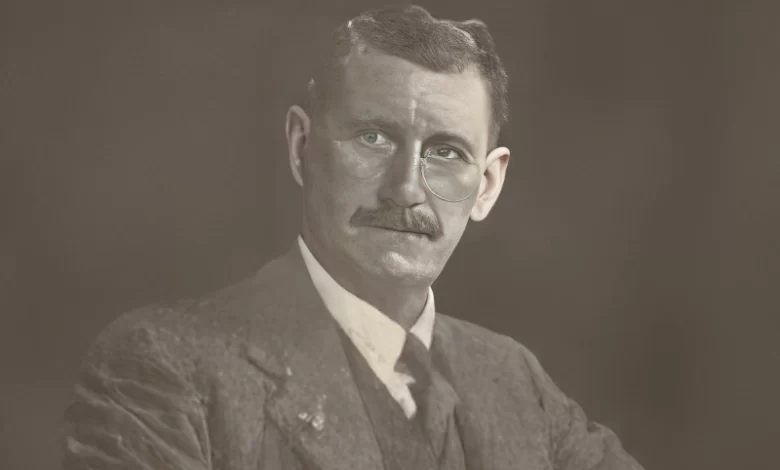Edward Carlyon Eliot

Edward Carlyon Eliot served as the Administrator of Dominica from 1923 to 1931, during which he played a significant role in the island’s colonial administration. His tenure is most notably marked by the Kalinago Uprising of 1930, also known as the Carib War. This conflict arose from tensions between the British colonial government and the indigenous Kalinago people, who resisted the new trade restrictions that Eliot and the British authorities imposed.
Edward Eliot’s Role and Actions
Edward Eliot’s administration was characterized by efforts to enforce colonial policies and maintain order within the Carib Reserve, now known as the Kalinago Territory. He requested military intervention during the uprising, which led to violent clashes, highlighting the Kalinago’s struggle for autonomy. His decision to call for the HMS Delhi to show force in the area emphasized the colonial approach to suppressing resistance.
Eliot’s tenure in Dominica was part of a broader career in the British Colonial Service, where he held various positions, including roles in the Gilbert and Ellice Islands and Uganda. His administration in Dominica left a lasting impact, particularly in the context of Indigenous relations and colonial governance. Despite his controversial actions, Eliot was recognized with a CBE in the 1931 New Year Honours for his service. Additionally, Eliot Avenue in Pottersville was named in his honor, reflecting his influence during the colonial era.




